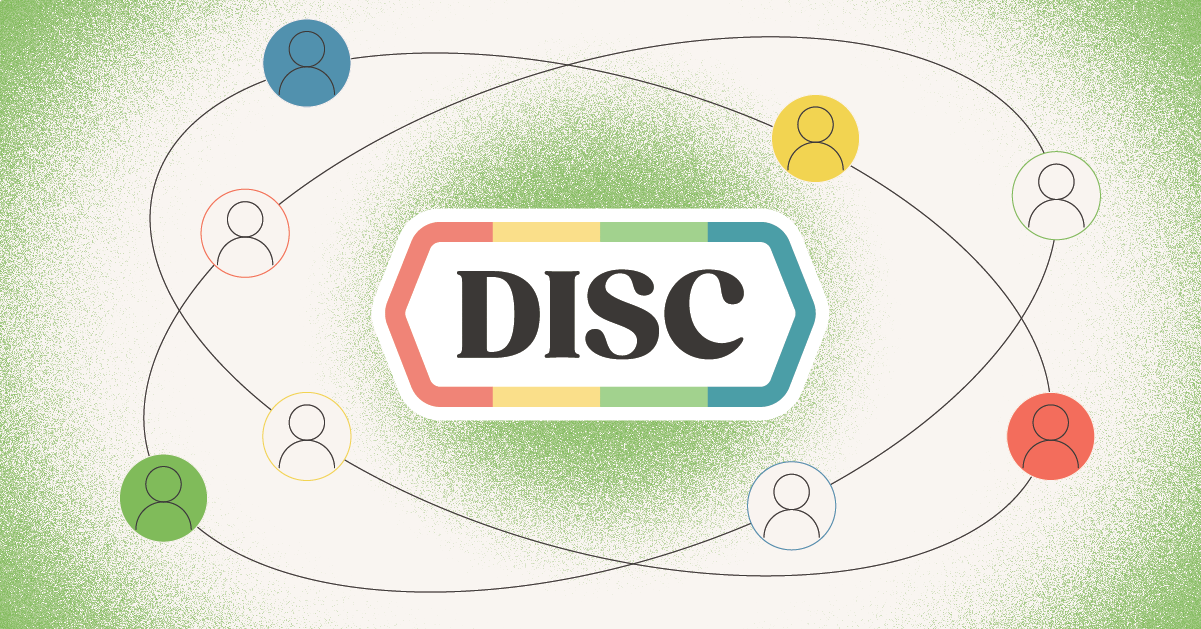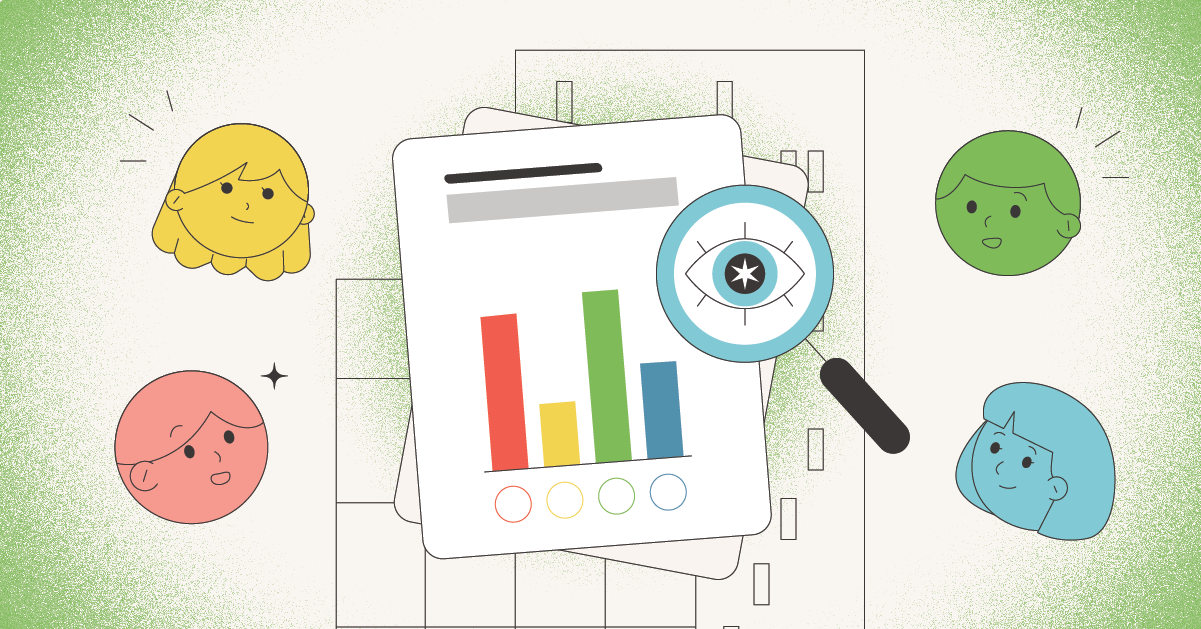
While the benefits of using skills assessments are substantial, there can be some drawbacks to implementing skills assessments in your workplace if you’re not careful.
Here are a few things to consider and avoid while you get started using skills assessments.
Don’t Assume Skills Assessments Make a ‘Type’
Unfortunately, this is one of the reasons why personality tests are so popular. People love putting others in a box to categorize them, but this is overly simplistic, and one of the most common skills assessment mistakes.
Look at DISC, for example. If someone has a high Influence score, it can be tempting to categorize them as a High I with all the assumptions that come from that. No matter what someone’s primary behavioral style is, it doesn’t mean they’re just one thing.
It’s important to remember that behavioral and skills assessments are just tools to gather data; they aren’t always definitive. Don’t reduce someone to their more prominent qualities.
Don’t Just Use One Science
Using only one science or assessment might feel like the fastest way to get results, but it’s not the most effective use of assessments if you want long-term results.
Each assessment brings a different element of understanding to its users, so use multiple sciences for the best results, understanding, and value to the organization.
For example, TTI’s Talent Insights assessment combines DISC and the 12 Driving Forces, which reveals behavior and motivators, or how something does what they do and why someone does what they do.
This assessment combination is incredibly popular for a reason; it provides insight into an individual that allows you to get a quick but thorough look into why they choose the actions they do and the motivational factors behind those actions.
Don’t Move Forward Without a Plan
To get the full benefit of using skills assessments in the workplace, you need to support employees before, during, and after they take an assessment. They’re not going to get the full benefit of the assessment by simply reading their results on their own and trying to implement the insights without a guided plan.
Connect your employees with a trusted coach or consultant to debrief their results. A professional can help provide context and clarity, explain scores, answer questions, and, most importantly, create a plan for your employees to move forward and implement the insights they’ve just learned.
Building a professional development plan based on assessment results is a solid way to help employees understand their unique strengths, opportunities, preferences, and the skills needed to advance in their careers. Assessments aren’t a ‘one and done’ approach—or don’t have to be, if you want to get the most value out of them for your employees. Use them to build a foundation of support and development opportunities.
What Challenges Can Skills Assessments Help Organizations Overcome?
Skills assessments are your path to better understanding yourself and others. Here are a few ways skills assessments help in the workplace.
Improve Employee Retention
Keep your current team happy with the improved communication and understanding that comes from assessments.
Research from Gallup shows that employees who left an organization could have been retained instead with increased positive interactions with their bosses and improved recognition. Assessments help do both by providing insight into action and detailing best communication practices based on behavioral style.
Increase Hiring Accuracy
Find the right fit for every position by measuring candidates with assessments, matching their data to a job benchmark, or simply using skills assessments to understand their needs better and see if they match up with the needs of the role.
Advance Workplace Engagement
When you invest in your team, they will invest in their work, and when employees are truly understood in their workplace, engagement increases.
Skills assessments can show your employees you are willing to invest in their development and self-understanding—the benefits go beyond the job. Forbes found that employees who feel heard in their workplace are 4.6 times more likely to feel empowered to perform their best work. Using assessments helps workers feel valued, engaged, and understood.
Reduce Destructive Stress
Stress affects physical and mental health, engagement, and productivity. By increasing understanding of the self and others, conflicts can be prevented before they start, and employees can enjoy a lower-stress environment.
Skills assessments also increase an individual’s understanding of themselves, which can help increase their confidence.
If you’re ready to get started using assessments in the workplace, TTI can help!



